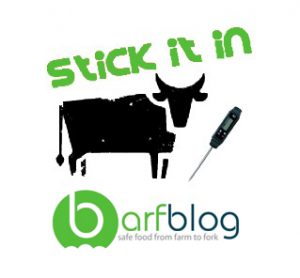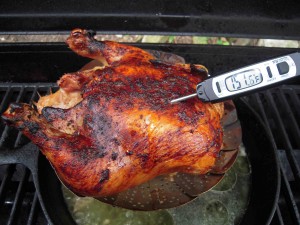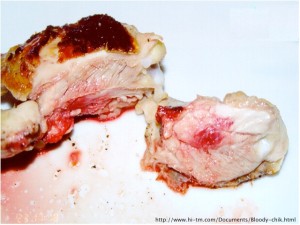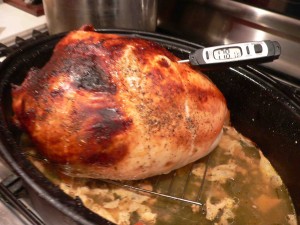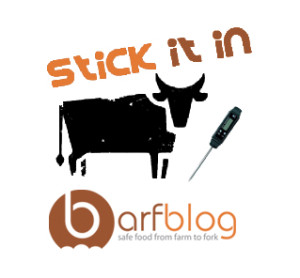The Food Standards Agency (FSA) have released their biannual findings from the general public attitudes tracker. This tracker highlights the behaviour, thoughts and reputation of food safety aspects throughout the year. Whenever there’s a scandal, a legislation change or a news piece surrounding the FSA’s points of interest, it’s going to have a public reaction. Whether good or bad, these reactions will shape and alter the way in which the public perceives food safety.
 The FSA’s findings are based on 2,150 interviews from a representative sample of adults aged 16 and over across England, Wales and Northern Ireland. Fieldwork was carried out between 8th and 26th May 2019, as part of the regular TNS Kantar face-to-face-omnibus survey.
The FSA’s findings are based on 2,150 interviews from a representative sample of adults aged 16 and over across England, Wales and Northern Ireland. Fieldwork was carried out between 8th and 26th May 2019, as part of the regular TNS Kantar face-to-face-omnibus survey.
Questions cover several topics of interest for the Agency, including:
concern about food safety issues
awareness of food hygiene standards
awareness of the FSA and its responsibilities
trust in the FSA and the food industry
confidence in food labelling.
At wave 18, a new set of questions were added to monitor the public’s trust in the FSA as well as the wider food system.
One of the FSA’s strategic objectives is to ensure consumers have the information and understanding to make informed choices about where and what they eat. To help monitor performance against this objective, respondents were asked about their awareness of hygiene standards when buying food or eating out. At wave 18, 52% of respondents reported always being aware of the hygiene standards in places they eat out at or buy food from, and a further 33% said they were sometimes aware.
It’s fair to say that the public is now taking a greater interest in UK food safety standards, meaning there is less margin for error in the food industry. With nearly 80% of the UK public being aware of food hygiene standards when eating out, it’s imperative that you get your standards right first time. Partnering with a food safety company like ourselves is one of the best ways of ensuring you meet your legal obligations as a food business. Our experts are some of the best in the business are available around the clock to coach, advise, audit and help your business reach the highest level of food hygiene.
Piping hot is not a standard.




